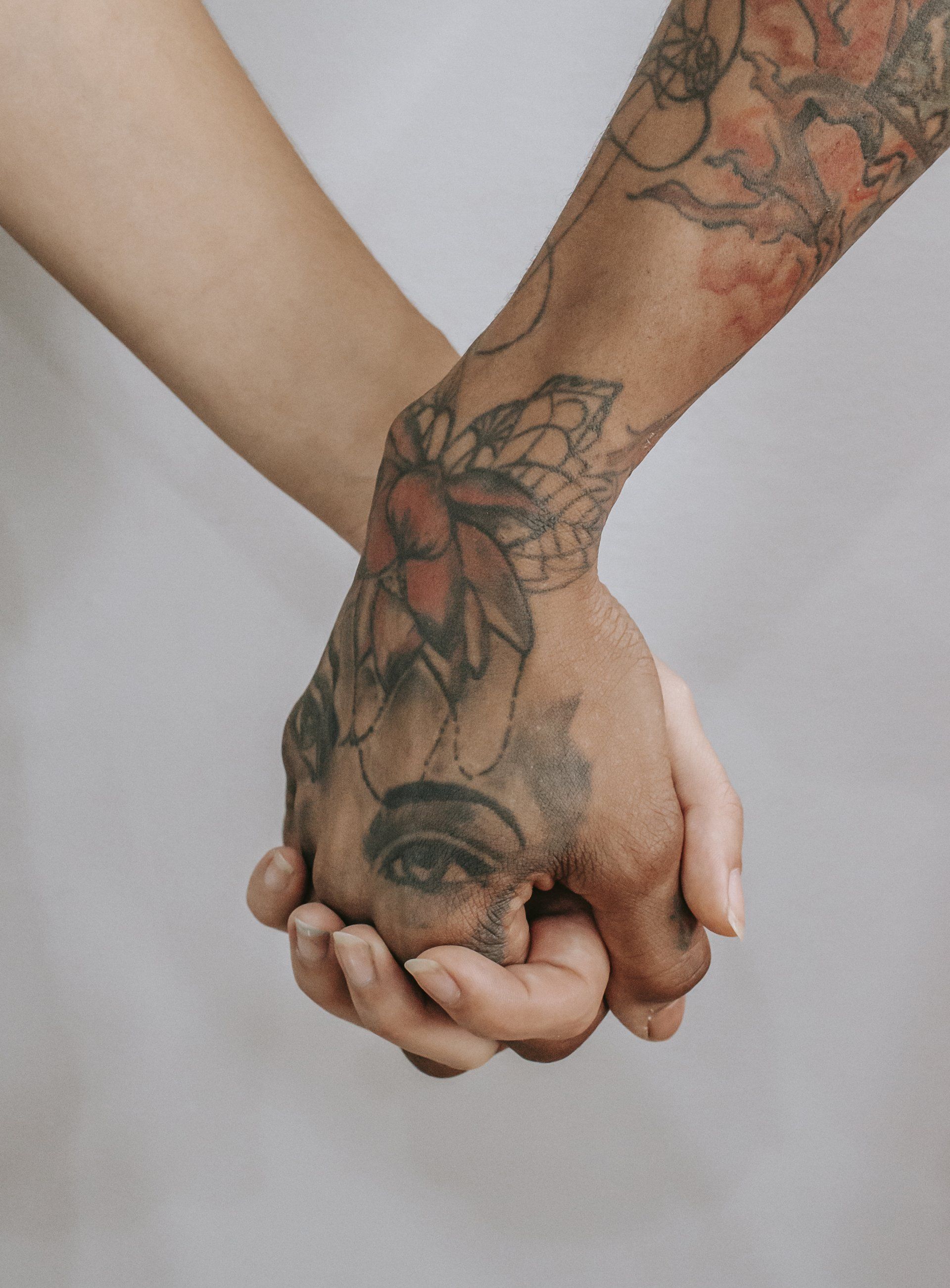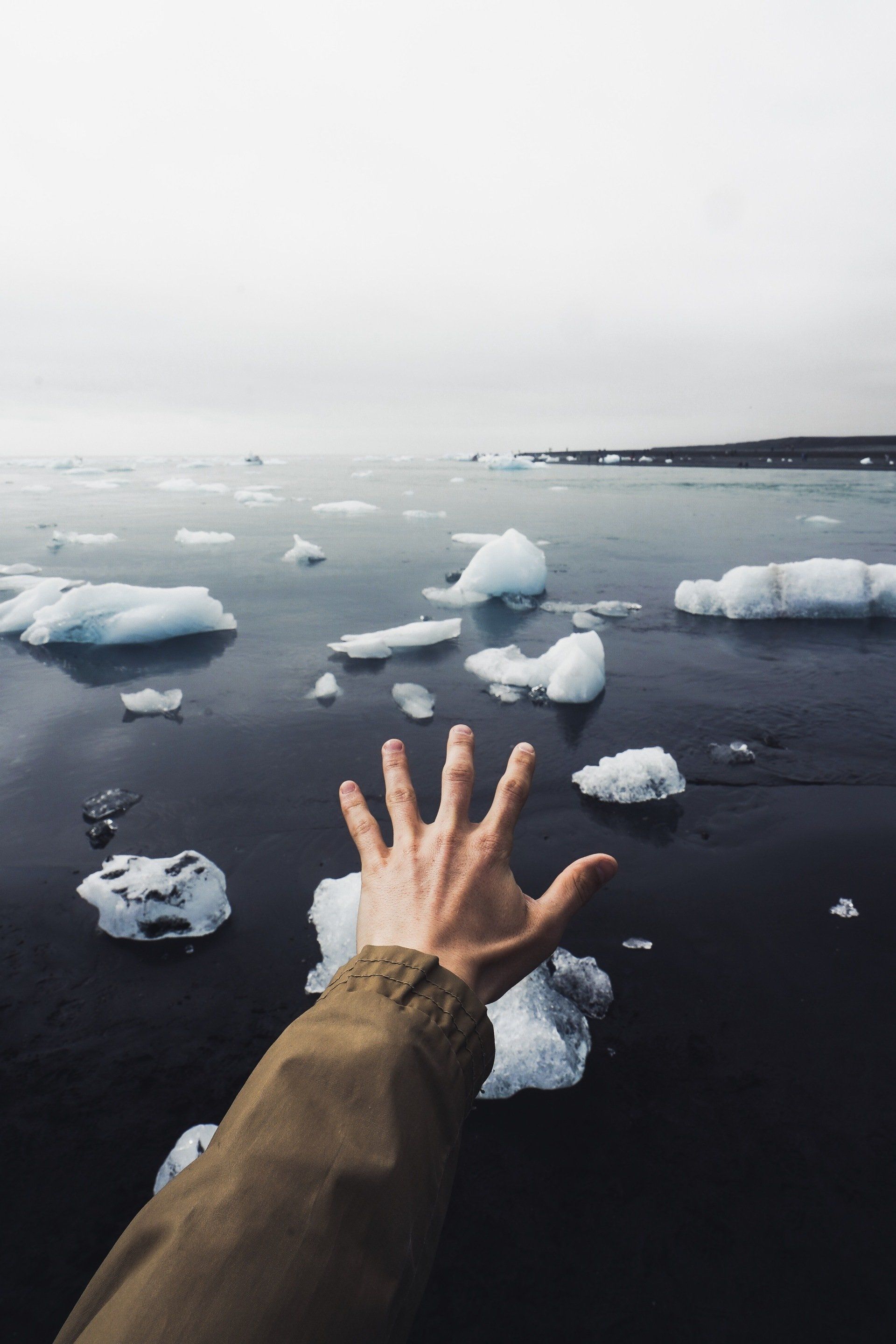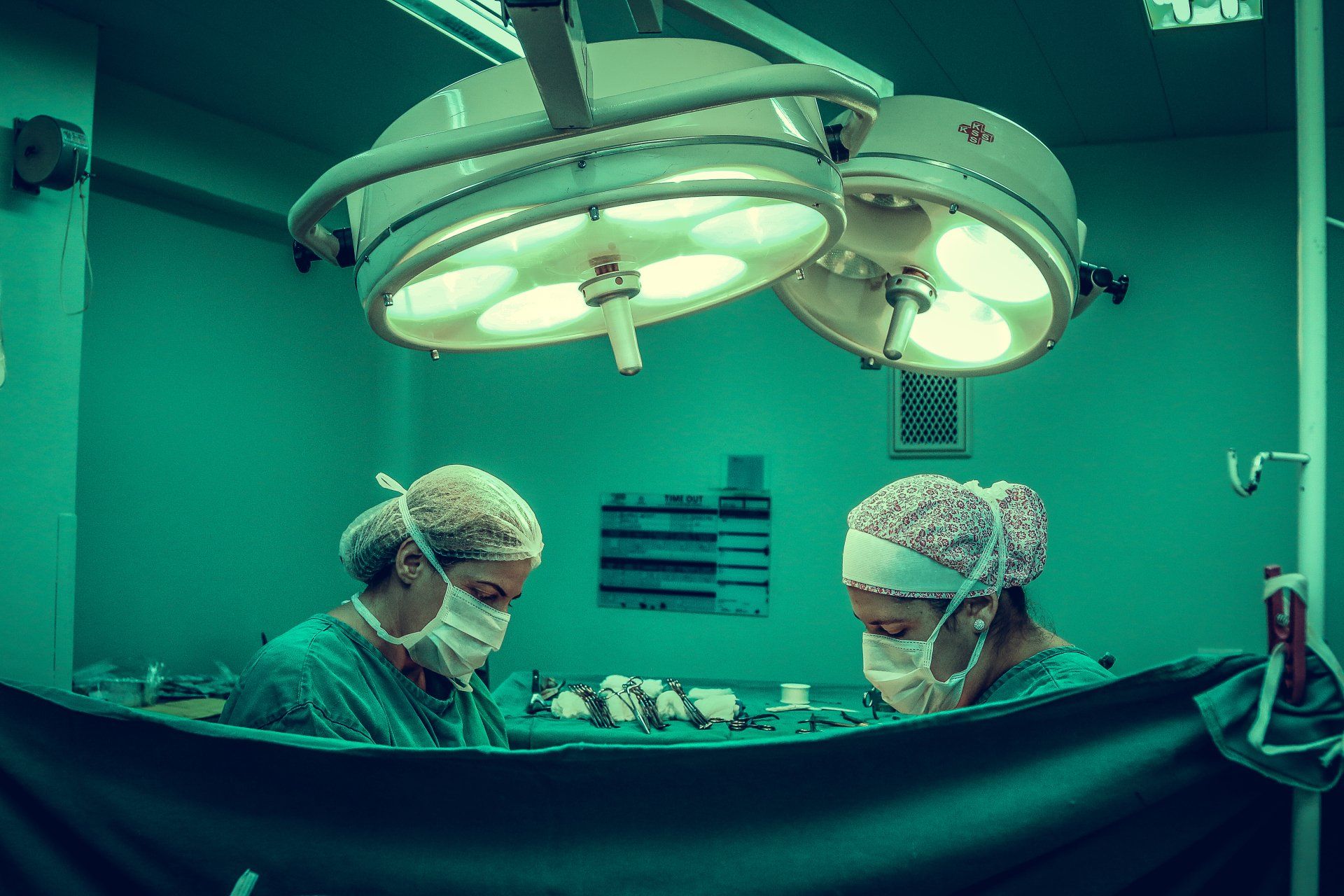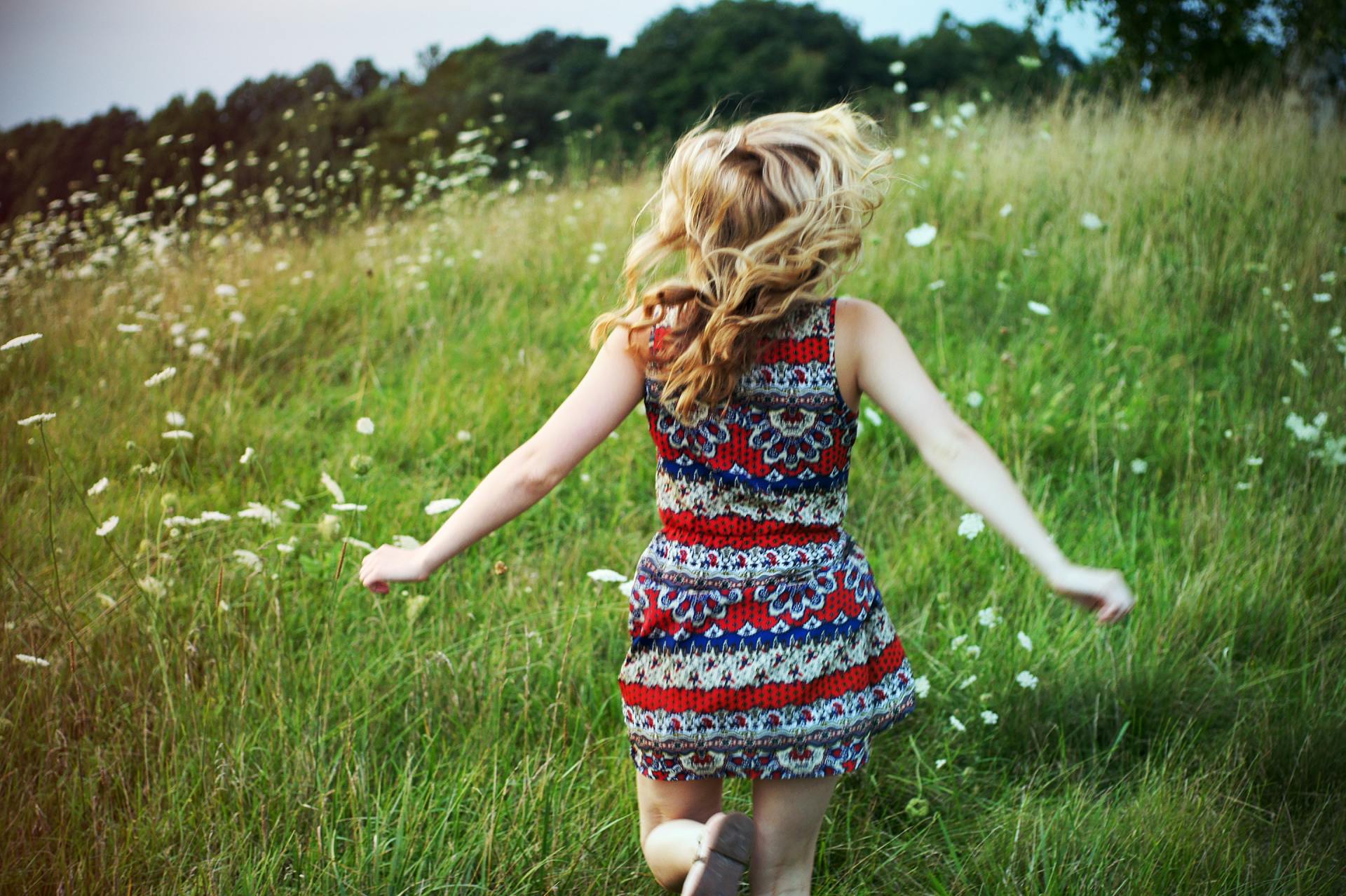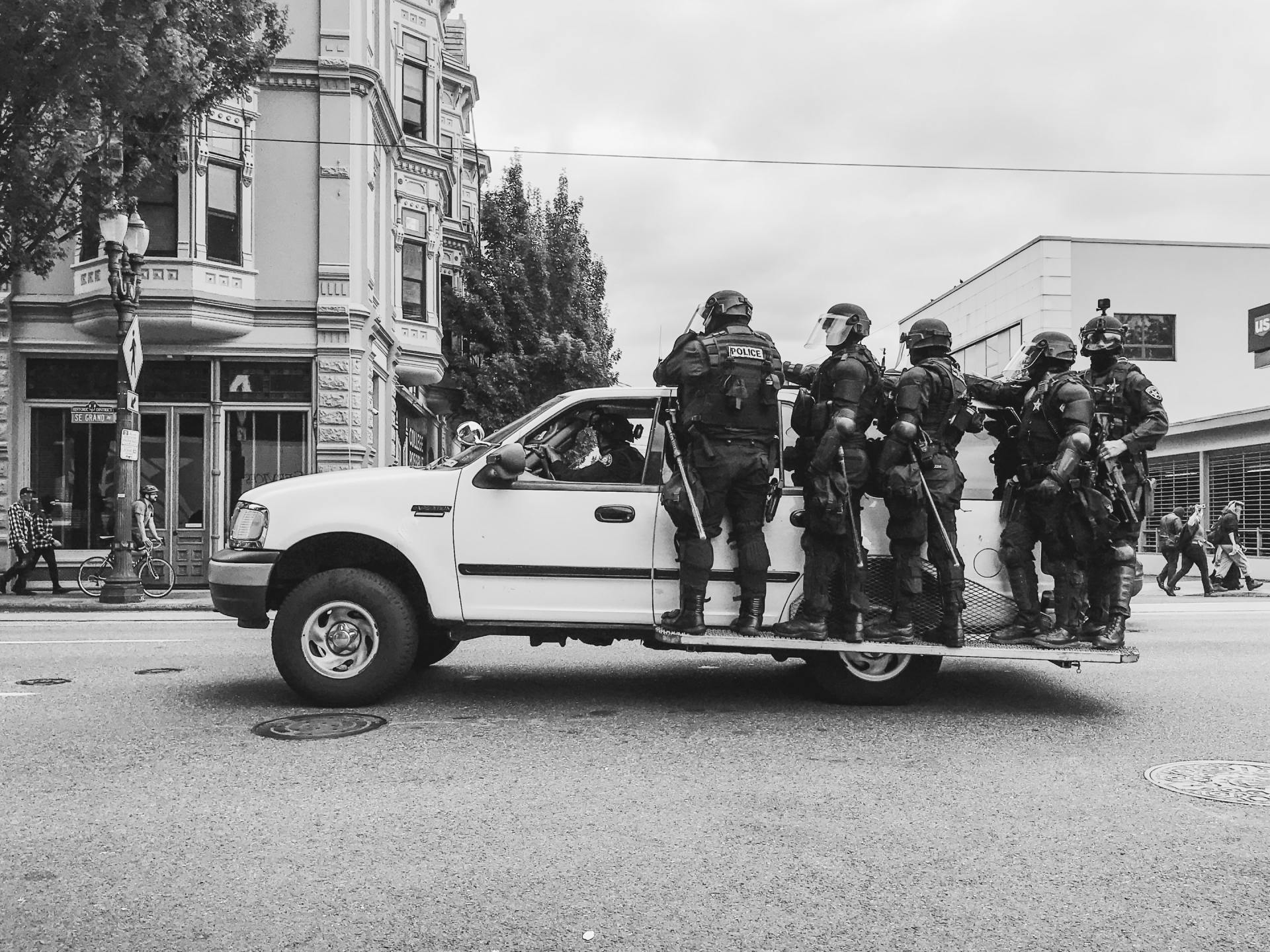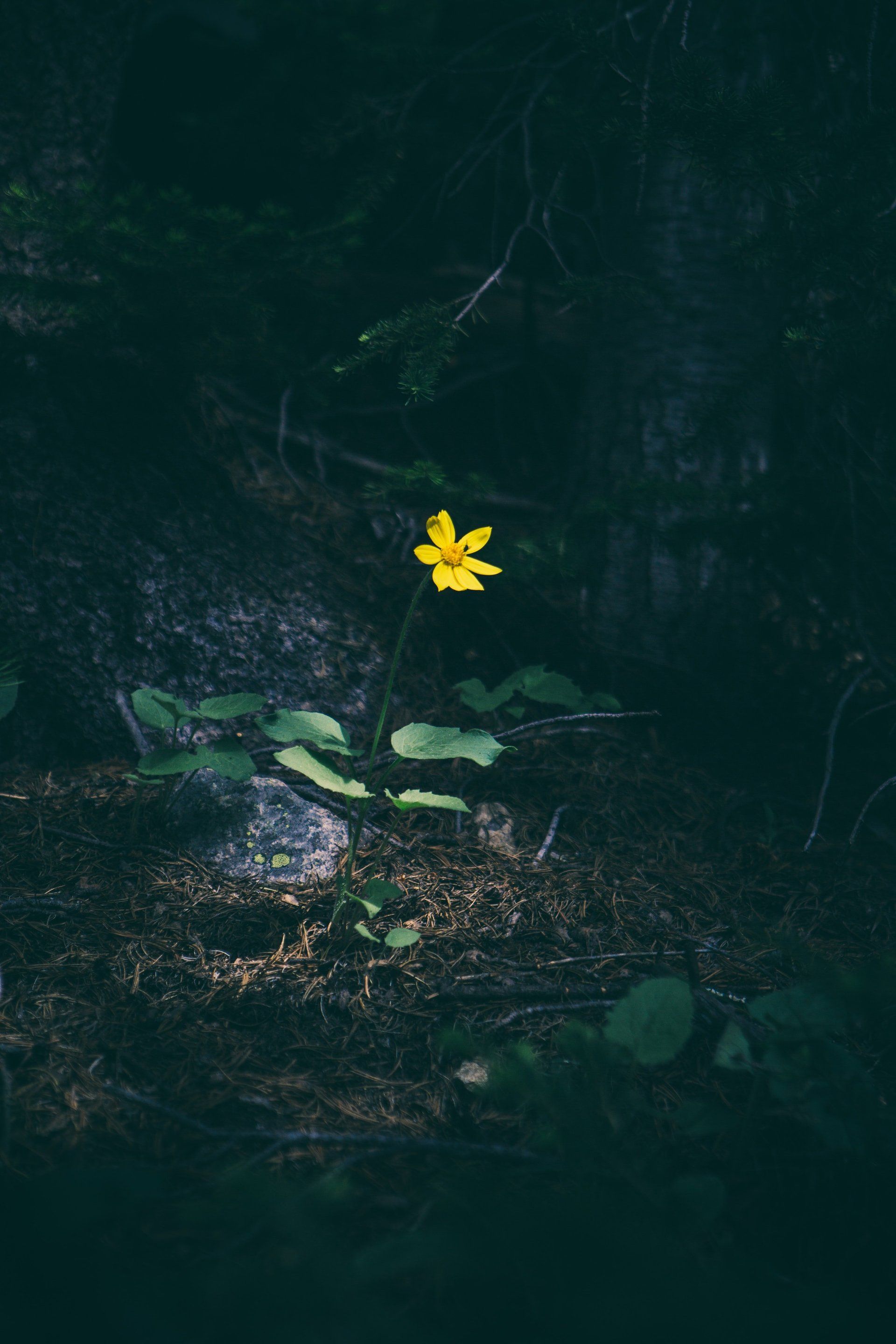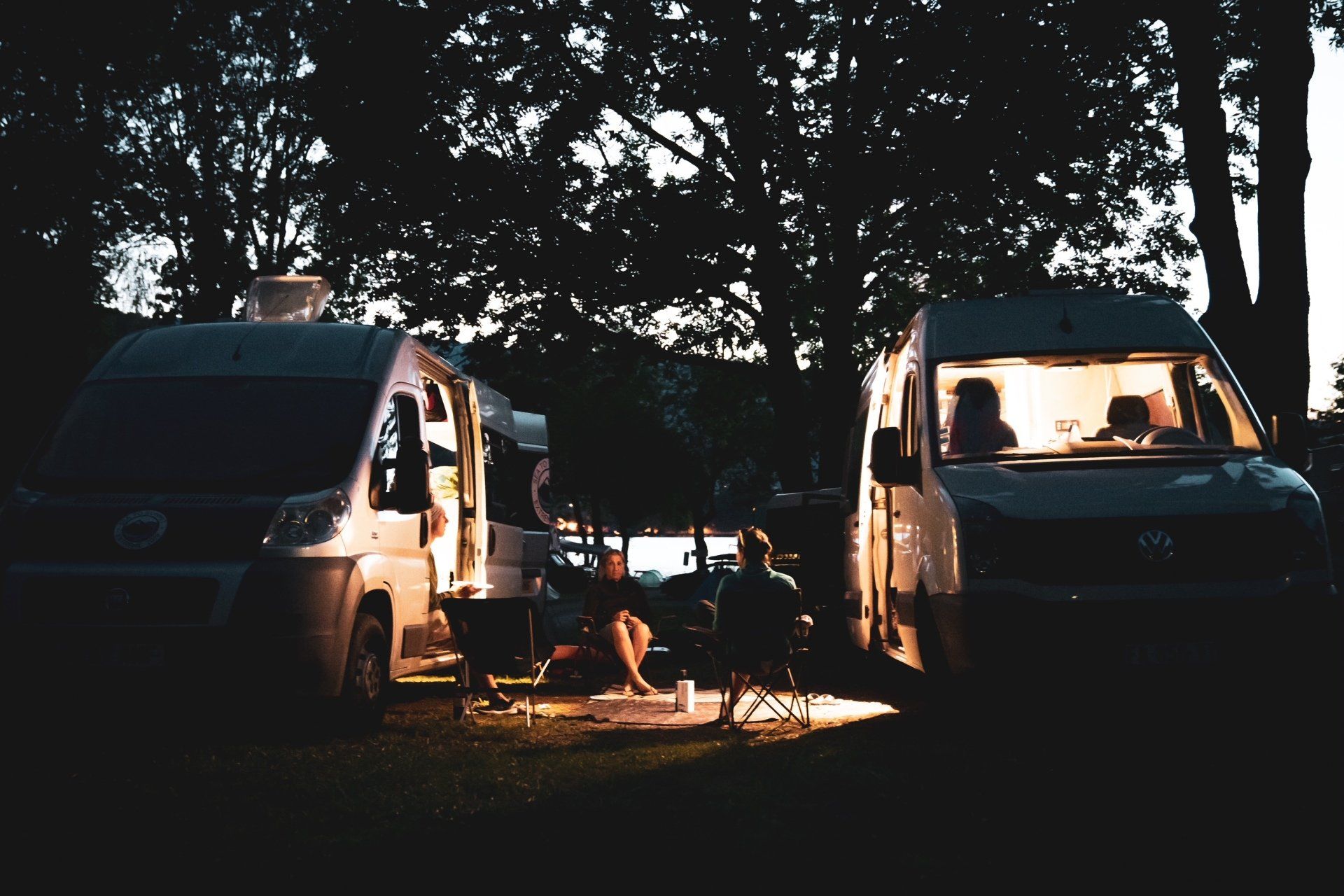Mettle Monday - Back To The Start
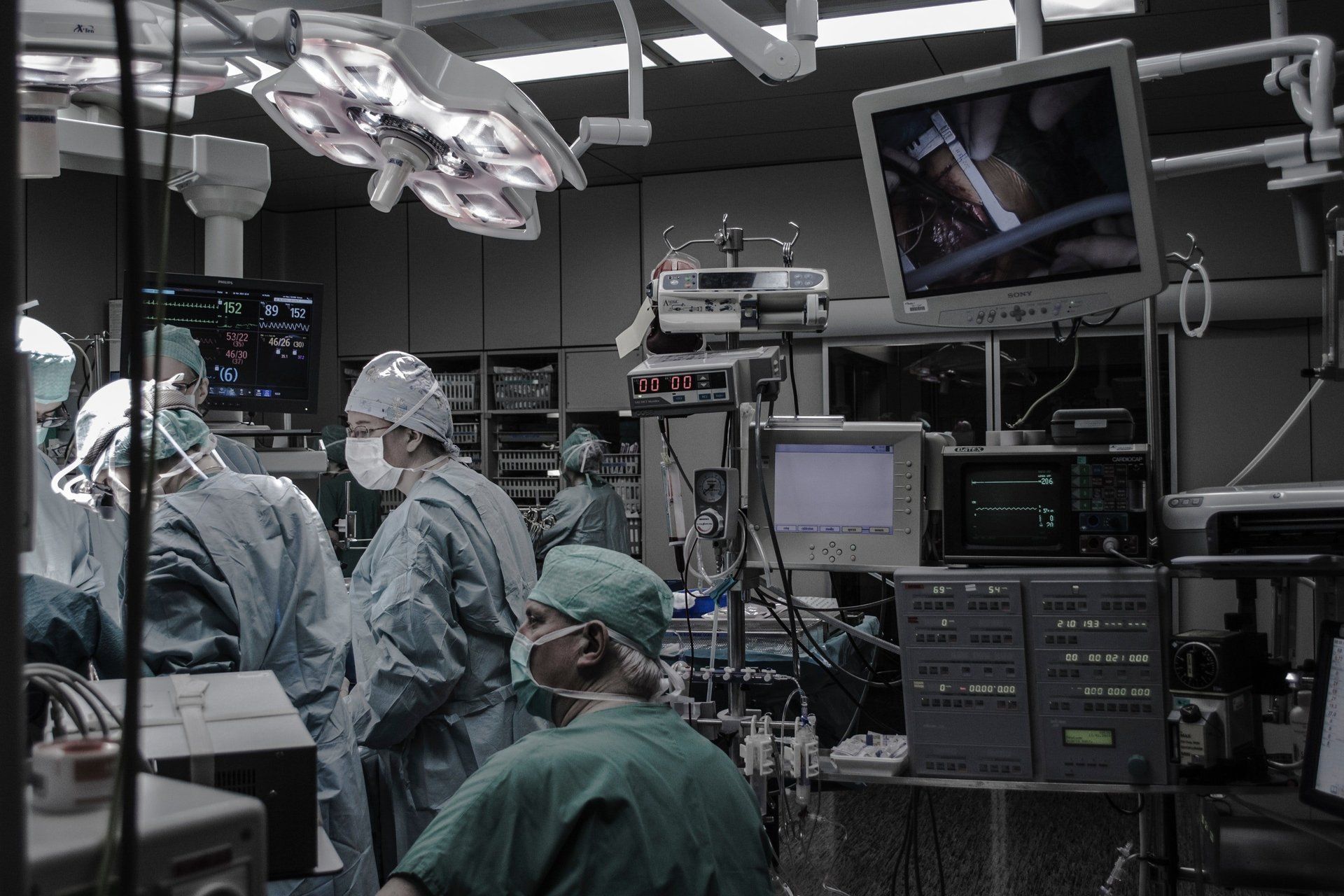
One of my earliest memories is being told by my mum to stay in the house, while my dad dragged her across the farmyard and pushed her head into a slurry pit. I can’t remember the reason for this. Probably to do with not prepping the gravy in the right way, or forgetting to pick something up. I was about five years old and remember being so angry at myself for being so small that I couldn’t help my mum. My brother was a few years older and still very much a young child too, yet I was full of anger that he wouldn’t (couldn’t) try to stop these moments.
My mum always wanted an ‘easy life’ – just for everyone to get along – which came from not doing anything that might set my dad off. As a child, it’s a minefield trying to work out what’s going to trigger a person to be violent, and it becomes a road of self-blame. It had to be because of me. When things were good they were fantastic (such as pretending our car was a plane, opening all the doors and driving through the fields as fast as we could) and I remember trying to recreate how I’d been on those occasions, trying to influence my dad’s ability to have fun with us.
When it came to farm life, I loved helping out with all the animals and relished the responsibility and sense of purpose. It was regimental, with chores having to be done before their deadlines and to unrealistic standards, but I’m forever grateful for the work ethic this instilled in both me and my brother.
I wanted to be part of a family unit so much – but the fear of an unpredictable rage was always there. I felt ‘better’ when the rage concerned only me, compared with the times I had to hear my mum’s screams and witness her suffering. Ultimately, I couldn’t protect my mum, and I couldn’t make my dad happy. That feeling of helplessness led to a sense of such unworthiness – and it was the start of what would become a personal journey of self-destruction.
School incited conflicting emotions. It was a place of physical escapism, which I adored. Sport was my lifeline and the only thing I felt good at. I won awards, and for a young child who was longing for approval and acknowledgement, this was it. And for the duration of the time I was participating, I was 100% focused on the game. Nothing else could enter my brain; it was mental escapism in a way I’d never experienced. As an accident-prone child on top of experiencing our home life, I’d developed a good pain threshold, so when I started having sore hips at primary school – especially given the amount of sport I was playing – I just assumed everyone got them. My gran was virtually bedbound from her hip problems, so I wasn’t in a position to start moaning about mine. If I ever complained, my PE teachers would threaten to pull me from the team, so I learned to keep quiet in order to keep the sport I so loved.
When it came to academia, I struggled. My dyslexia wasn’t acknowledged until my final year of university. Multiple choice was my best friend; the moment I needed to write, my grade was knocked down a few notches. Teachers would get so frustrated with an already frustrated me; they couldn’t understand why I didn’t ‘care enough’ to just complete the questions and wanted to ‘throw it all away’. But in fact, I wanted nothing more than to get good grades so I could tell my dad, thinking he’d be satisfied in some way. (I later learned that whatever achievements followed, he wasn’t one for celebrating other people’s wins. Why would he, when it would show up his own failures? That’s inevitably what it was really about – it just took me many years to understand it.)
A speech impediment also meant I was unable to communicate effectively or express my feelings, so I got into fights out of frustration. I was having regular midnight terrors, wetting the bed, getting angry at people who didn’t deserve it and upset from feeling guilty – contrasted with a really happy version of me when I played sport or was out in the fields. Nothing made sense, and that was the case for the majority of the years until I exited my teens.
I was probably around 14 when I started drinking: straight bottles of vodka were my go-to. They hit the spot quickly and I was transported into a different life…. for the night. This was the next chapter of my life, which stuck for a few years. My mum bore the brunt of my anger. I was ready and raring to stand up to my dad whenever needed – no more would I sit back and watch him destroy our spirits – and as punishment, I was often thrown out. I harbored a lot of shame about this, so instead of telling friends, I’d happily find a quiet bus shelter instead. Around this same time, muscle tears and hip joint dislocations had started happening, and I couldn’t hide the constant burn in my groin anymore. Surgery began when I was 18 – including shaving of the hip socket to make the pain more bearable – but then the word hip dysplasia was introduced, and everything changed. Steroid injections brought temporary relief but couldn’t repair the decaying joints.
By the age of 19, I’d lost my driving license twice. The second time, my dad made sure the police were present to test me for drink driving. But I was over the limit: it was only on me. This was one of my lowest points. I hated who I was and didn’t want to introduce myself to anyone, as I felt I had nothing to be proud of. I dropped out of college and lived with – let’s just call him – an unruly flat mate, got into thousands of pounds of debt following poor financial choices, and seemingly had no prospects. But all of that was external. Inside, I was an empty black hole of confusion. What I didn’t realise was that this had to change before any of the external things could. Enough had to be enough: it was time to die or grow. That was the decision I had to make. The thoughts came and went over the years, but I’m thankful that my gut sat with them long enough to make the right call.
I worked every hour I could in a factory to save for flights to Kenya, a relatively safe country at the time and an ideal 5,000 miles from home. I needed to learn, to live, to be around different minds. I would go initially on a ‘work for accommodation’ basis and take it from there. Soon enough, I was helping to design ways to get long-term volunteers to join local orphanages, with skills that would empower the local community instead of taking away from them. It was a tough learning curve and the elders didn’t suffer fools gladly, but it taught me to listen without sensitivity. I was able to take criticism and build it into much greater things – in comparison to being back home, where I’d sooner go on some binge than face an uncomfortable feeling.
I returned home with this new knowledge. I was carrying one huge metaphorical bag with me everywhere I went, containing everything I was ashamed of in myself. I enrolled back at college as a mature student, which added embarrassment to the bag. I started apologizing for my actions to those I’d hurt along the way. I cut people from my life who weren’t going to enable me to grow. I started to read, chose worthwhile people to look up to and mirrored what they did. Slowly but surely, this made my ‘bag’ a little lighter. Once you start putting yourself out there, it gets a little easier. Once you own up to your mistakes, you start to lose the guilt you’ve associated with them. At its worst, my debt totaled £28,000 and I was consumed by it; the only thing that shifted that was acceptance, and talking about it. My poor decision-making was mine, and only I had the power to change it. After sitting in debt for 12 years, I paid it off in under two and a half – with hard work.
The process is a bloody long one, with steps stretching so far ahead that you can’t see the light at the end, but you need to trust that process and keep going. This was what a lot of my twenties were about. I was years away from being debt free, and college had to come before university. I had to volunteer and take unpaid placements Monday to Friday to gain experience and do 30+ hours of paid work over the weekends to fund my accommodation. But I kept chipping away, and soon enough had my degree. I adored logistics and project management and secured jobs with Formula 1, the Olympics and on the odd Royal event. I put all this down to simply being willing to be useless at something, if only by being vulnerable and having uncomfortable conversations I could become better at it. This is still my golden rule. Unsurprisingly, I also found relationships a minefield. I thought it was just me and my crazy brain, but I had a lot to put right in my head from my childhood. I could work my arse off, educate myself and grow in all other aspects, but emotions were by far the hardest to master. It took years and years of getting it wrong, then getting parts right, until I started to get more things right than wrong.
At 28, I found a surgeon willing to treat me as a guinea pig and create a shelf over my left hip to help with weightbearing, an attempt to delay the total hip replacement I’d been told six years earlier that I needed (safe to say, this was a shocker). The proposed operation involved a bone graft and repair of a fracture I’d sustained while hiking in Ireland, as well as drilling through multiple holes of avascular necrosis to promote blood flow. All in all, my hip was like papier maché and required major intervention before it collapsed on me. I squeezed in one final (painful) adventure before the operation: cycling John O’Groats to Land’s End in nine days, raising several thousand pounds for charity.
Fast forwards a year of rehab and some super painful travelling around India, and it was obvious that the operation hadn’t been successful. Technically each component had worked but it was just too late for the socket as a whole; there was no cartilage left and the bone-on-bone feeling was agony. The only option left was a total replacement. After thorough assessment of every possible scan and X-ray, my new surgeon told me I needed a custom-built implant thanks to my unusually narrow femur (who knew that was a thing?!), which delayed the procedure for a year – but in May 2019, it finally happened.
I now appreciate why it’s called major surgery and it put me in awe of all the pensioners having theirs done, that’s for sure! Post-op, I rehabbed hard, getting rid of bad habits I’d formed over the years. Only a few months passed before my right hip stole the limelight, and this would also require a custom-built implant. Expecting a New Year surgery date, Covid then struck, leaving me miserable having come so close to FINALLY having the body I’d waited my whole life for. But no number of tears would change what I couldn’t control – so instead I went to town on the prehab. I took firing up my glute muscles to another level, working out every damn day until my op date arrived. Whenever my mind got itself on a downer about the situation, I’d work out. It didn’t have to be extreme, but I moved and developed consistently. By July 2020, my right hip replacement was in – and thanks to the prehab, my recovery this time was incomparably better. As a result, I was able to document it all and advise others who had upcoming surgery. I started sharing exercise clips and guiding people on what they could do before, during and after. Four months down the line, I’m able to pull out 20-mile walks, cycle, swim, and move in ways I haven’t known for years. Recovery is a long old road, but I know that’s nothing to be fazed by.
Why Personal Development Coaching?
Once it clicked that the cards I was dealt were simply a starting block and nothing more, it changed everything and I never (and haven’t yet) stopped embracing the endless possibilities of how far I can go. All the work of my twenties was hard, but nothing would have been as hard as staying in the box I was born into. That’s where I learned the importance of perseverance. It’s true that nothing worthwhile comes easily. It takes repeated grit to make you feel empowered and proud – you can’t buy that. Hard work is the only proof that will ever give you that sensation.
I took a volunteering job on the Samaritans phones while at university and it taught me so much about human psychology – how people’s minds work, what we really crave, the power of human connection. You aren’t allowed to advise while working at Samaritans, only listen, and this in itself is a powerful tool to master. It allows individuals to talk through their own conscious and subconscious, often freeing them to find the answers they need themselves. In a selfish way, I got so much out of this experience. It ignited the thought that maybe, if I could get my shit together from my own deck of cards, then I too could help others realise that there are so many crossroads at which WE get to choose our way. We aren’t just driven to a final destination; we choose so much of what is happening to us. And so the seeds were sown.
From here on, I read every human psychology book I could get my hands on, attended every talk and course, and sieved my way through studies and articles about family dynamics and the impact of violence, abuse and separation. I needed to understand the academic side as well as the experience. I believe we need to know what we’re coming from in order to be gentler on ourselves, accept what was out of our control, take over and accept ownership of our current state, and then accelerate in the direction we want to go.
Next on my list? To keep rehabbing, as hip replacements take a year to fully set. To build up The Bionic Warrior coaching business so that I can help as many people as possible to accept themselves and grow from that point. To spend more time in the mountains and gain technical knowledge. And to get a skydiving qualification – I’ve always been scared of heights, and to be able to control my emotions when jumping from a plane is my idea of mastering discomfort.
The world is such an incredible place and it leaves me in awe daily. Be thankful for every opportunity you are ABLE to have. It’s not hard work, it’s a privilege.
Kelli Jones AKA The Bionic Warrior has had 15+ operations, 2 x complex hip replacements, whilst at the same time doing numerous charity sporting events including cycling Land's End to John O'Groats. She has worked on high profile Royal and sports events and has started her own personal development coaching business.

